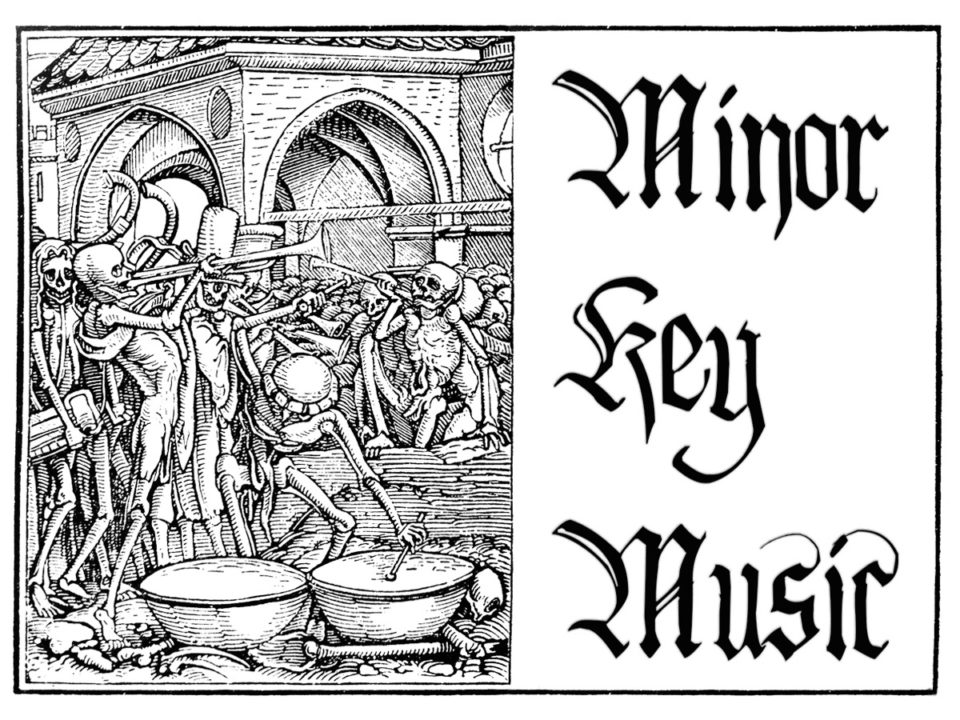I always have to stop myself when I say I like “all kinds of music”. Because, honestly, that just isn’t true, there is really only one kind of music I like. No, not [just] Black Metal, I’m talking about music in a minor key. I mean, I’m a pretty happy guy, but there is something about sad, sad songs that just does it for me. I don’t dislike Vivaldi’s “Spring” and “Fall”, but I far prefer “Summer” and “Winter” (guess which seasons he writes in a minor key). “Satisfaction” is a fine song, but I’d rather listen to “Paint it Black” any day…you get the idea. Basically, it don’t mean a thing if it ain’t go that sting [of soul crushing sorrow and sadness].
This month on Minor Key Monday I’ll discuss why Pergolesi’s Stabat Mater is a perfect example of the old saying: “if it’s Baroque it don’t need fixin’!” (Ok…sorry about that, no more puns for the rest of the post, I promise!):
Pergolesi was an Italian composor who worked towards the end of the Baroque period (he died in 1736 at the age of 26). Stabet Mater (roughly “the mother stood”) is a sacred work about Mary’s sorrow at the crucifixion of Jesus (which I imagine would have been a bit of a bummer for her if she didn’t know he was only going away for the weekend). While it shows signs of the coming “Classical” school of music (to oversimplify things, Classical musicians like Beethoven and Mozart used a single melody with accompaniment, Baroque musicians like Bach and Vivaldi favored multiple melodies playing at the same time), most of Stabat Mater is thouroughly Baroque in both feel and composition.
The vocals (theoretically simulating the last breaths of Jesus) play in long drawn out wails over a quicker bassline playing successive scales. While this method does not produce results as intricate as something like one of Bach’s inventions for multiple harpsichords, it still lends the piece a great deal of interest.
Last week I used a different selection from Stabat Mater to tell an epic tale of hot swan on human action which is why I figured this song would be a good choice to illustrate what a difference a minor key makes. Inflamatus Et Accencus (the song from last week) is in a major key, and consequently, fairly upbeat (and thus often skipped as I listen to the cd). This week’s song (the opening track) is pure minor key sadness.
There is a constant upwelling of melancholic sorrow as the song progresses. A melancholy that is almost nostalgic for the loss of what once was, cutting the sorrow with bittersweet memories. It’s no wonder that another selection from Stabat Mater (one of the minor key ones of course) was used in my favorite movie in the whole world.


2 Comments
Thanks for posting this. What a fantastic piece.
No problem…I try to keep stuff like VNV Nation off of Minor Key Mondays 😉